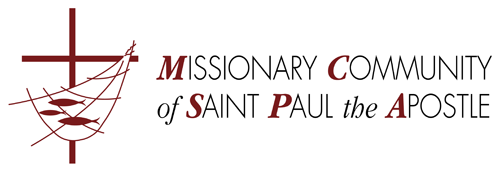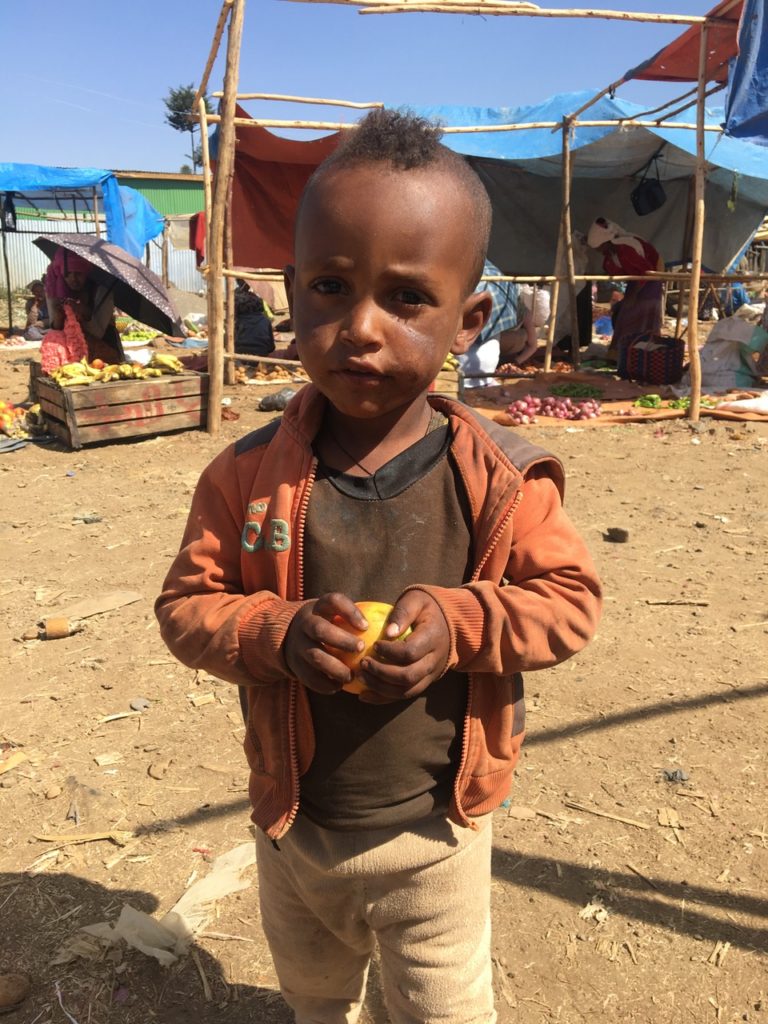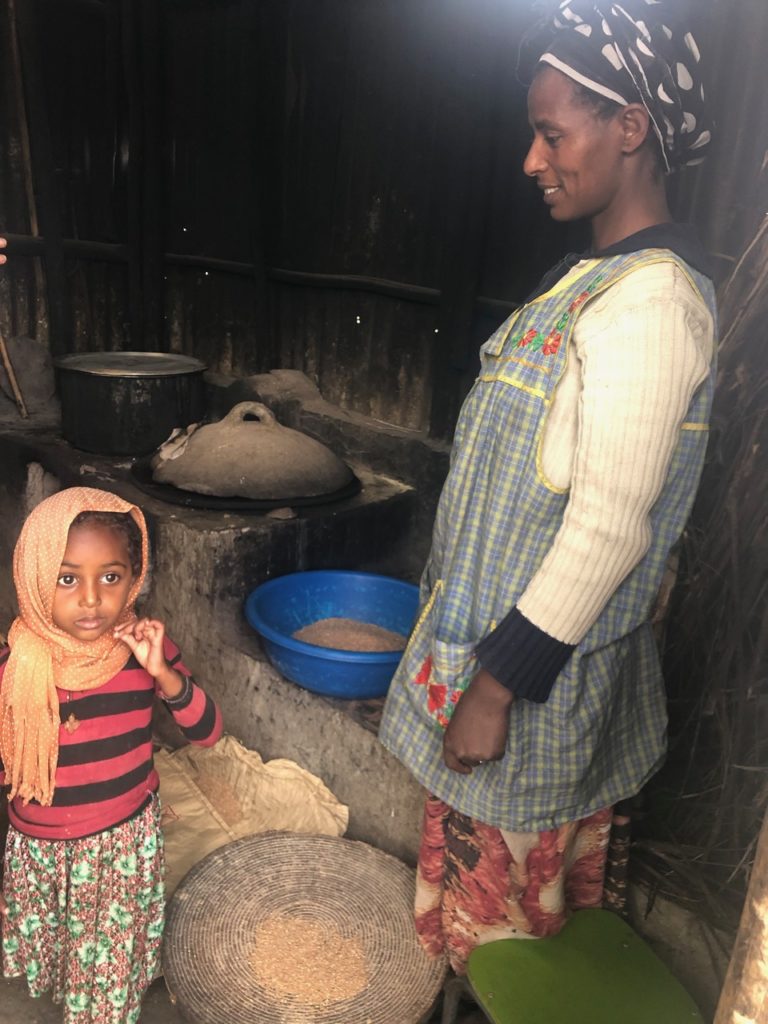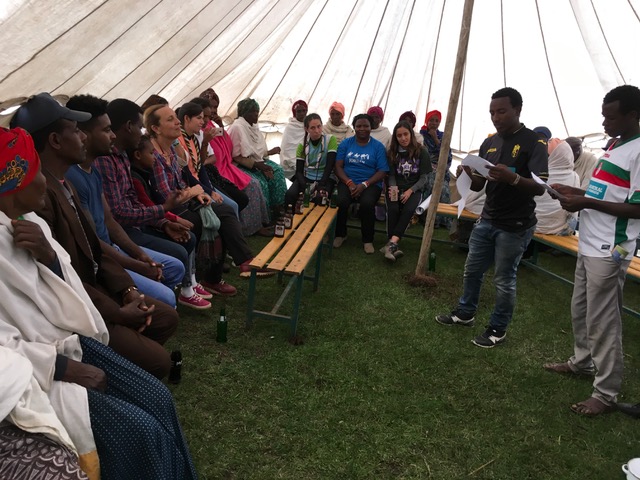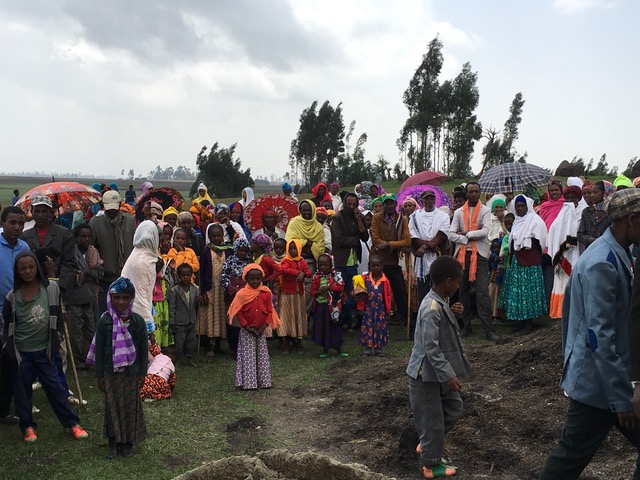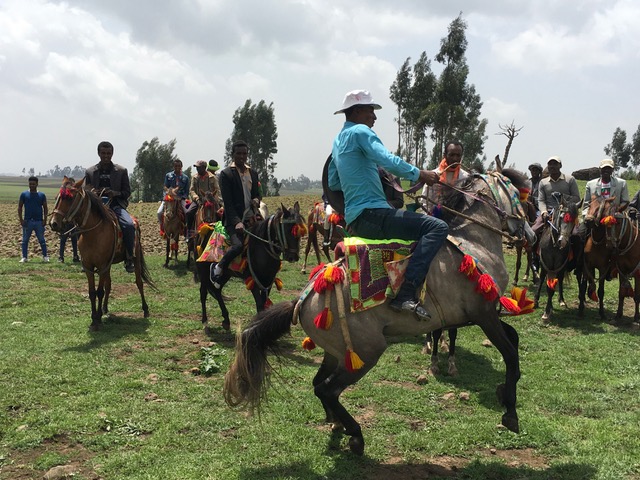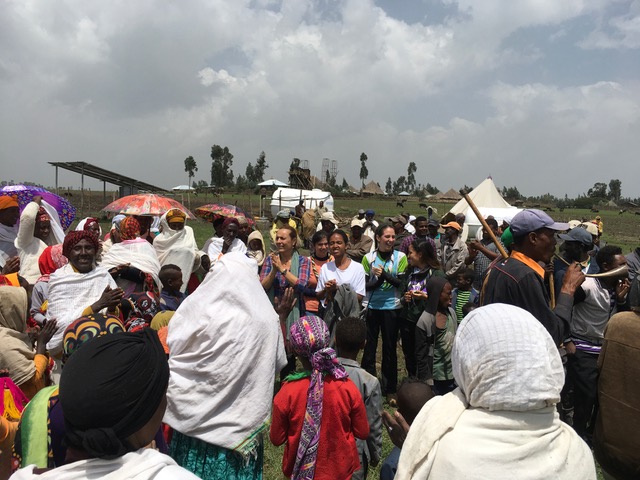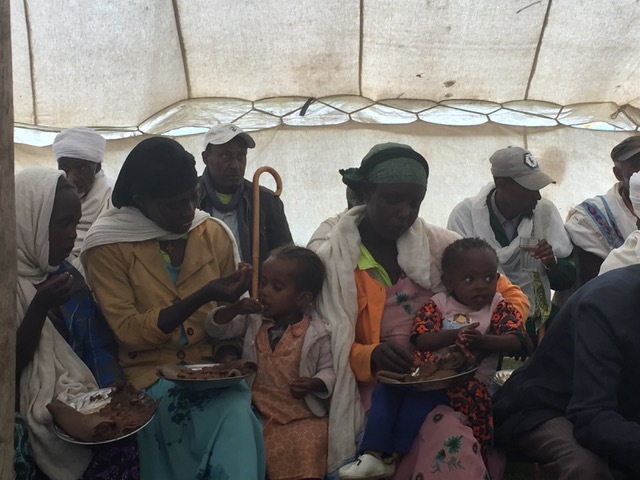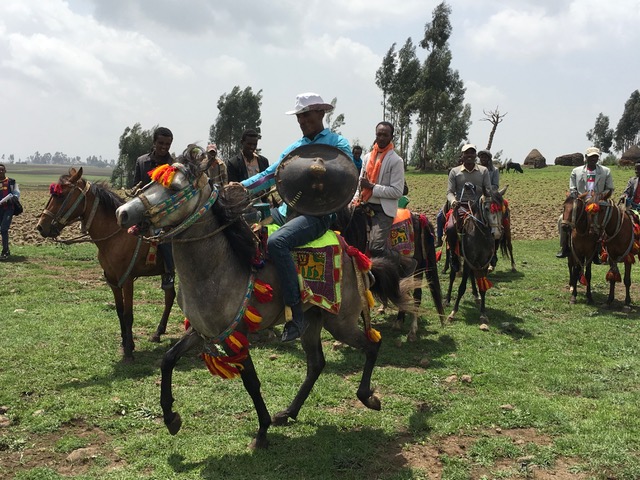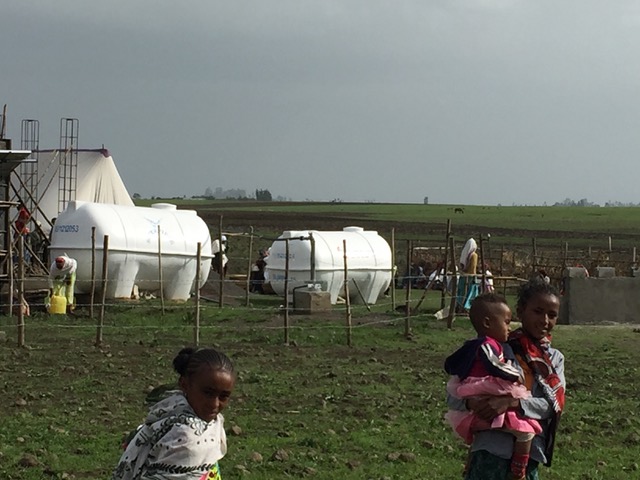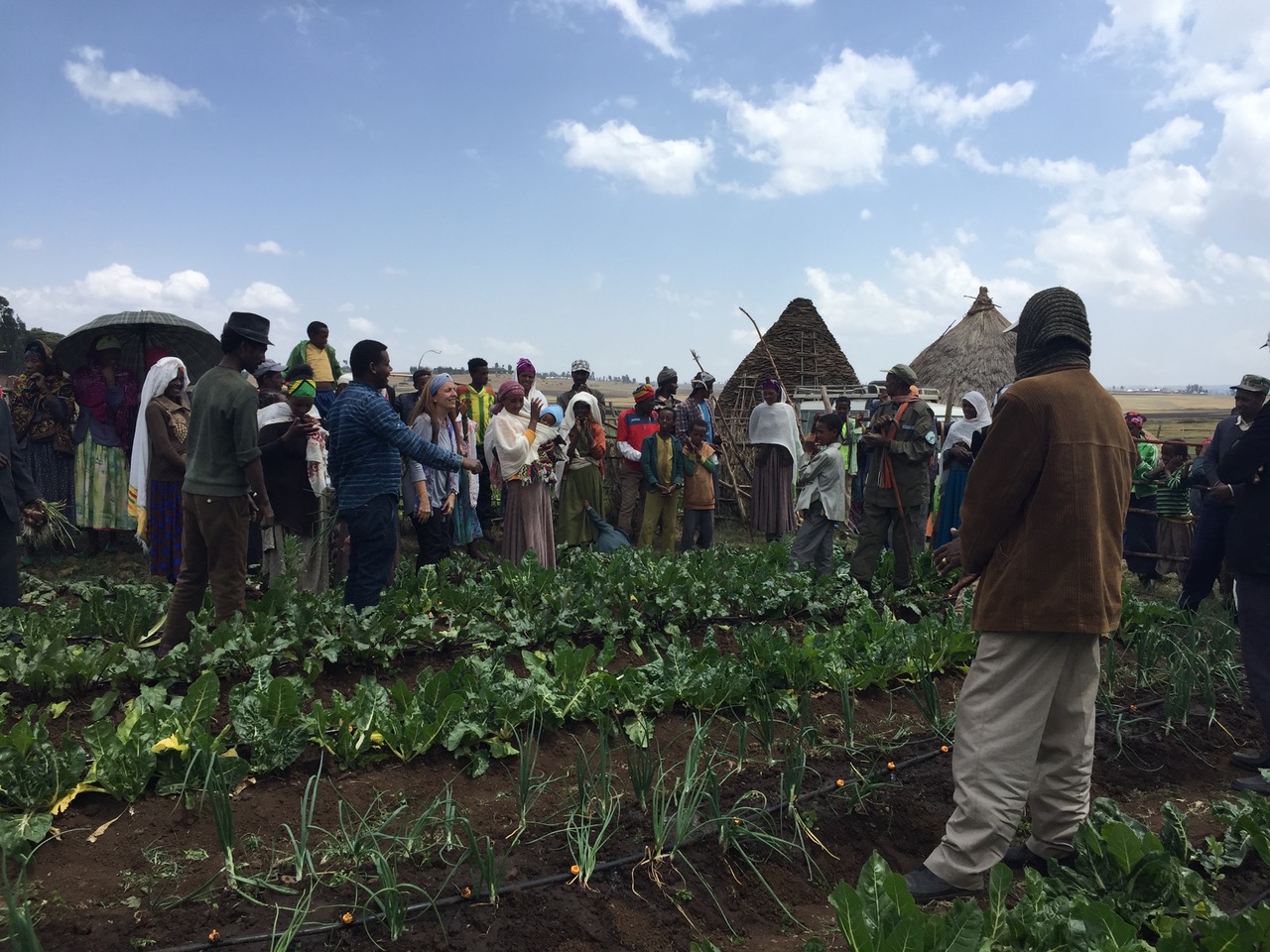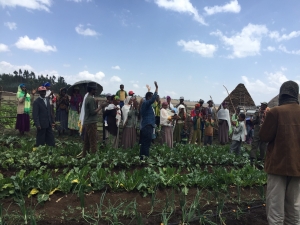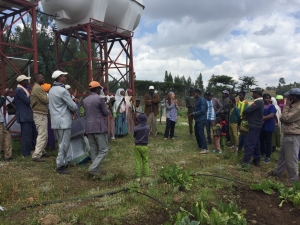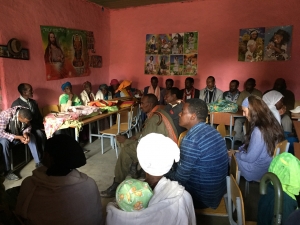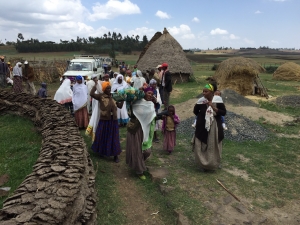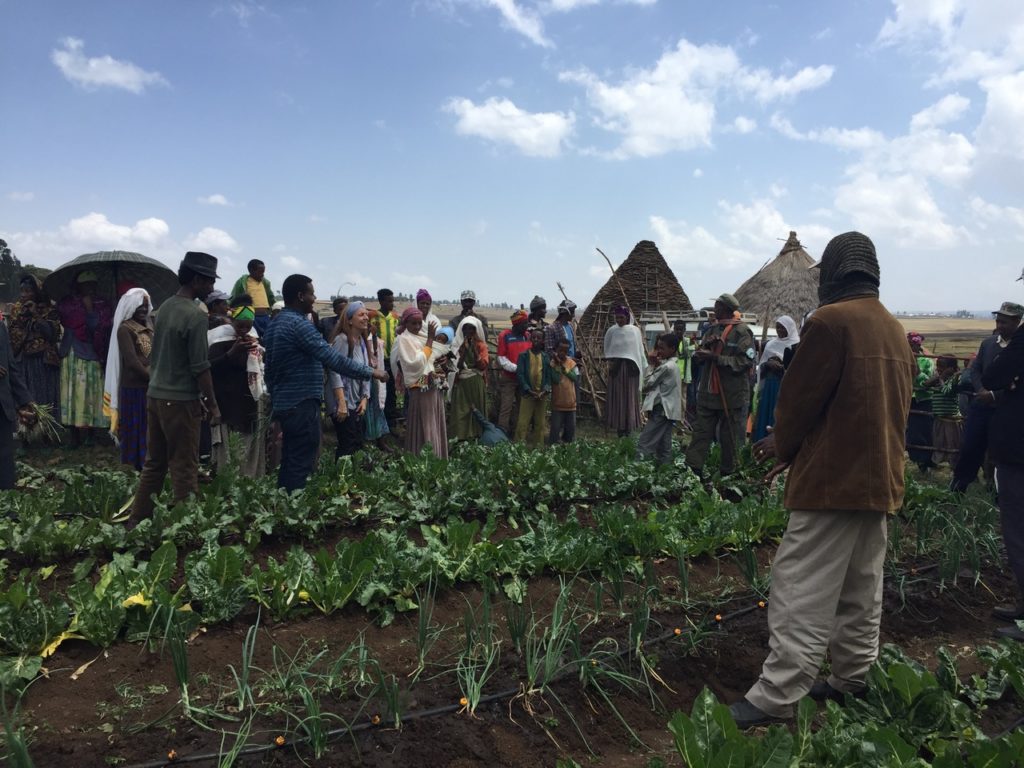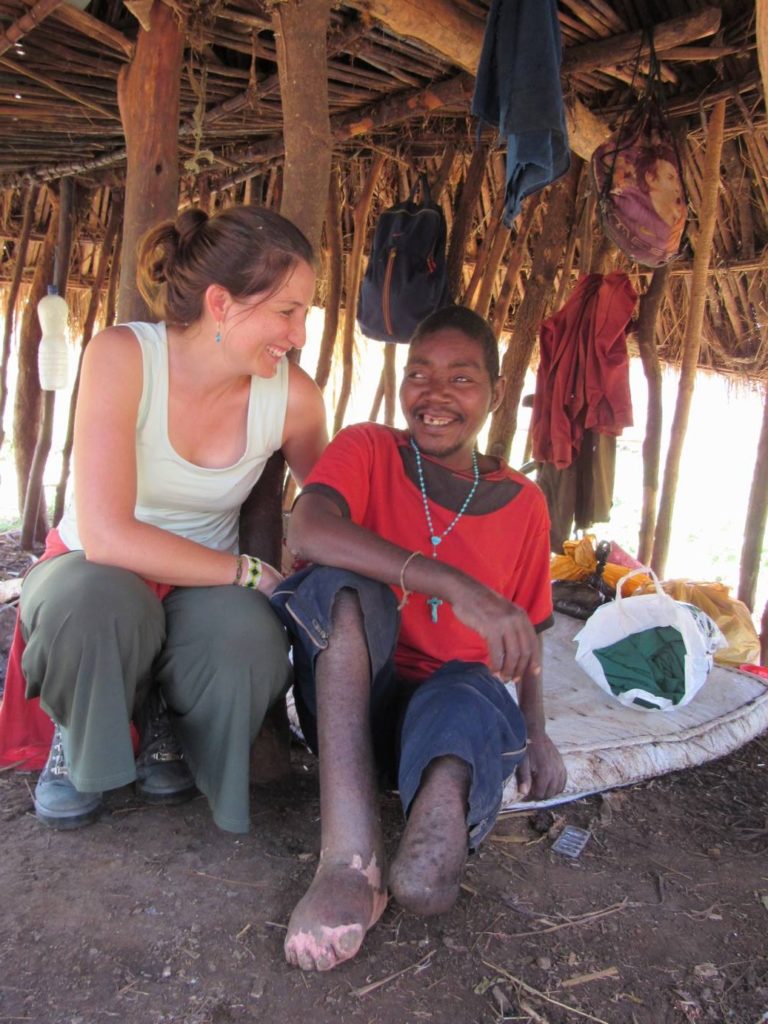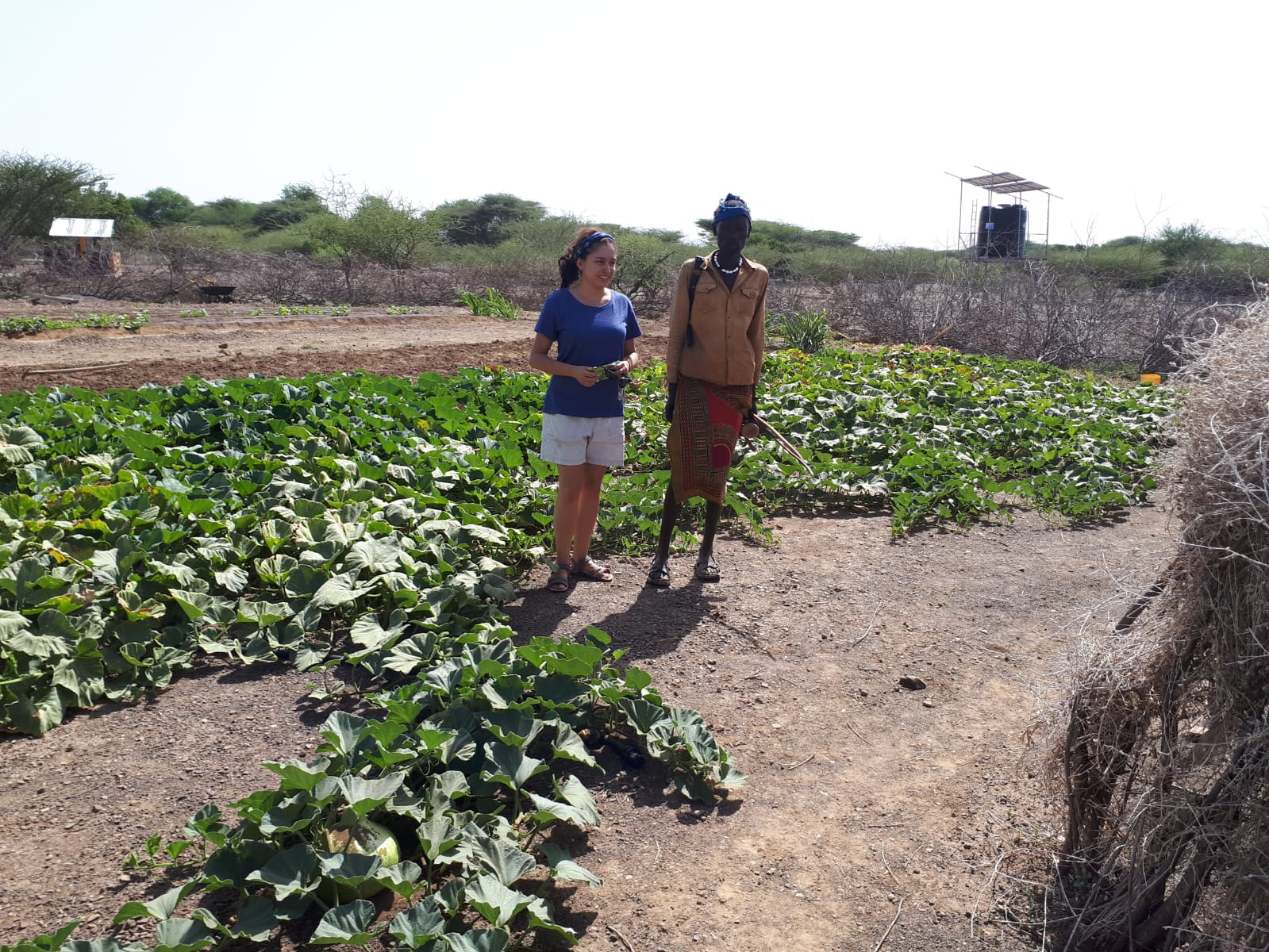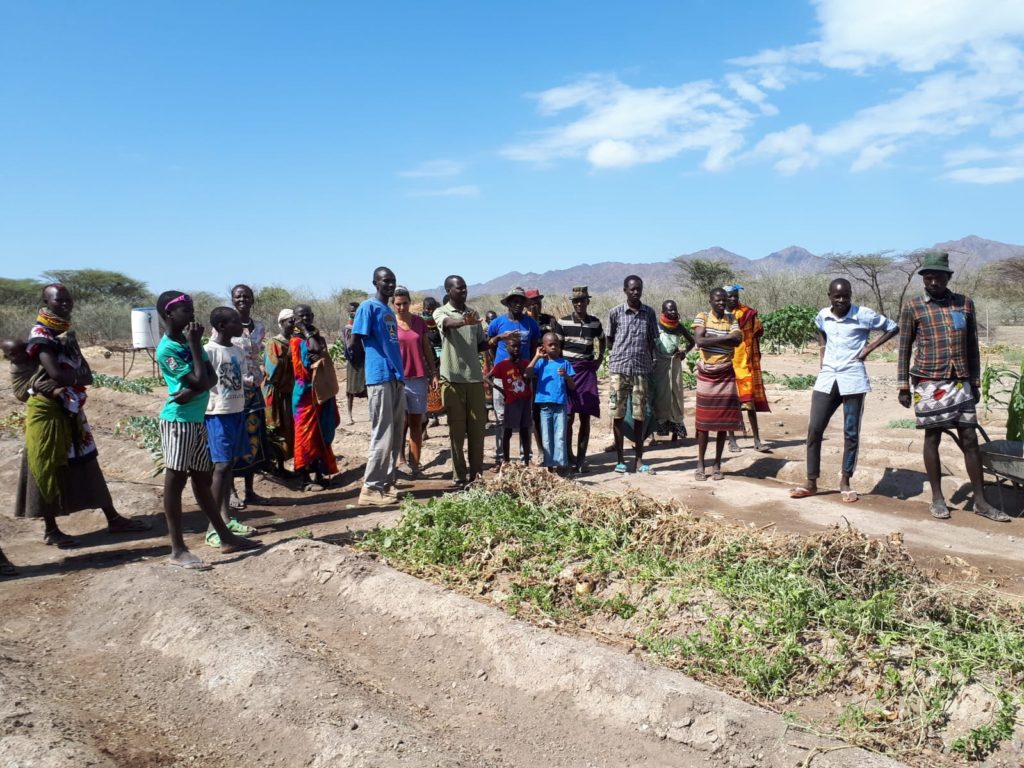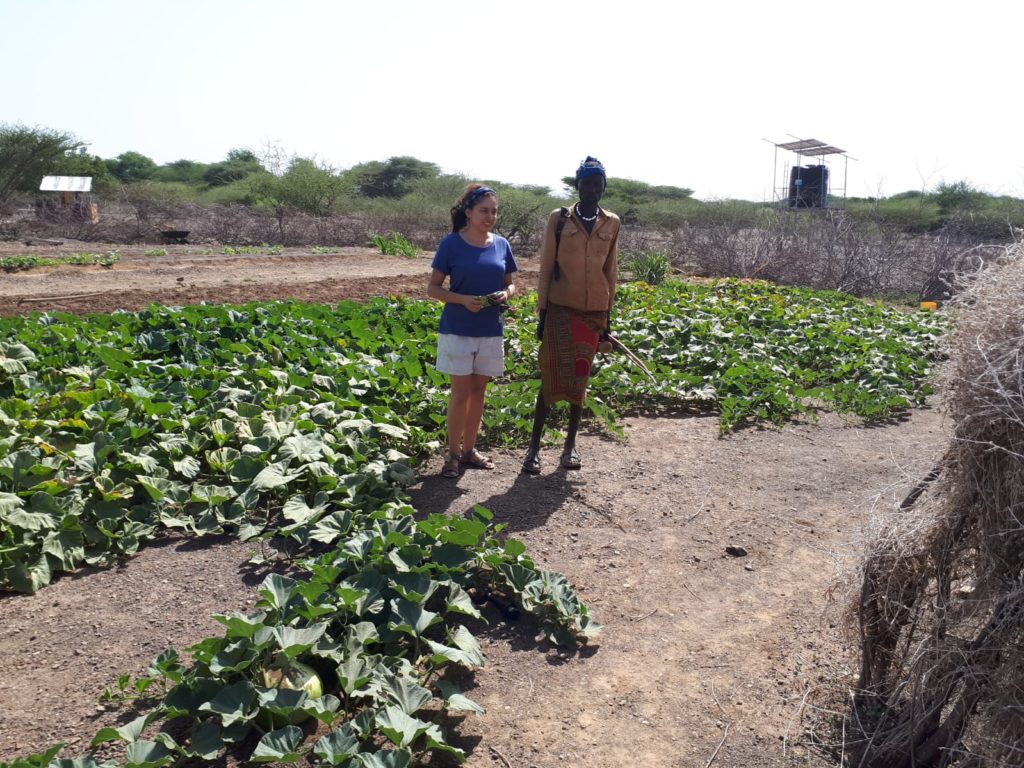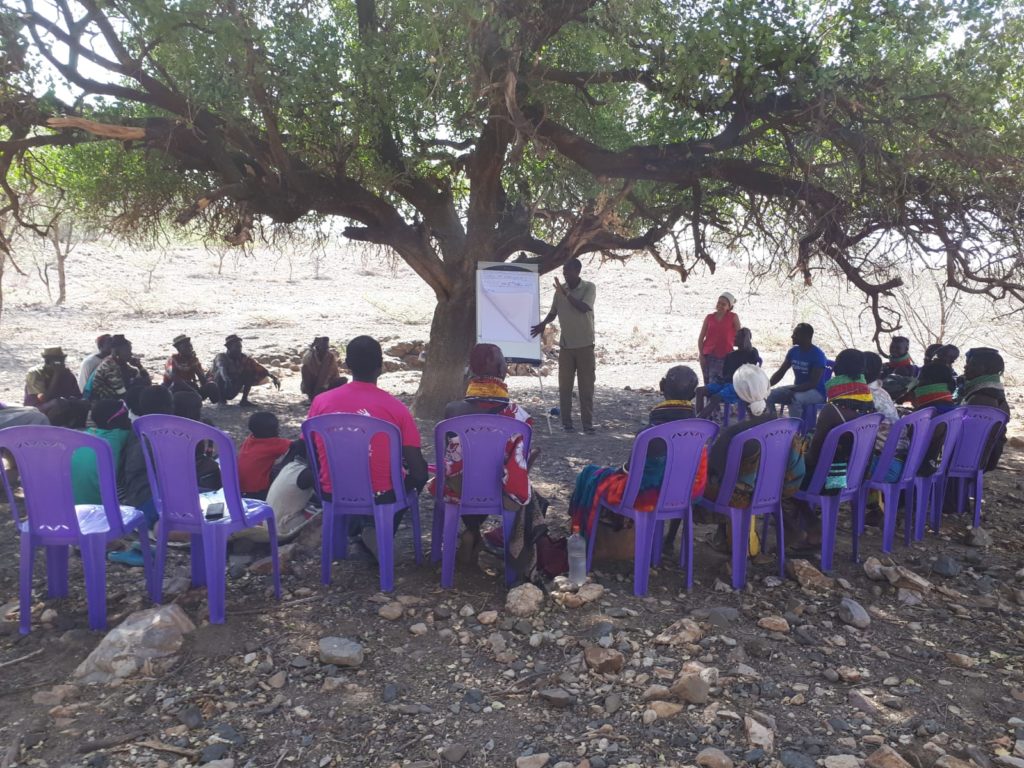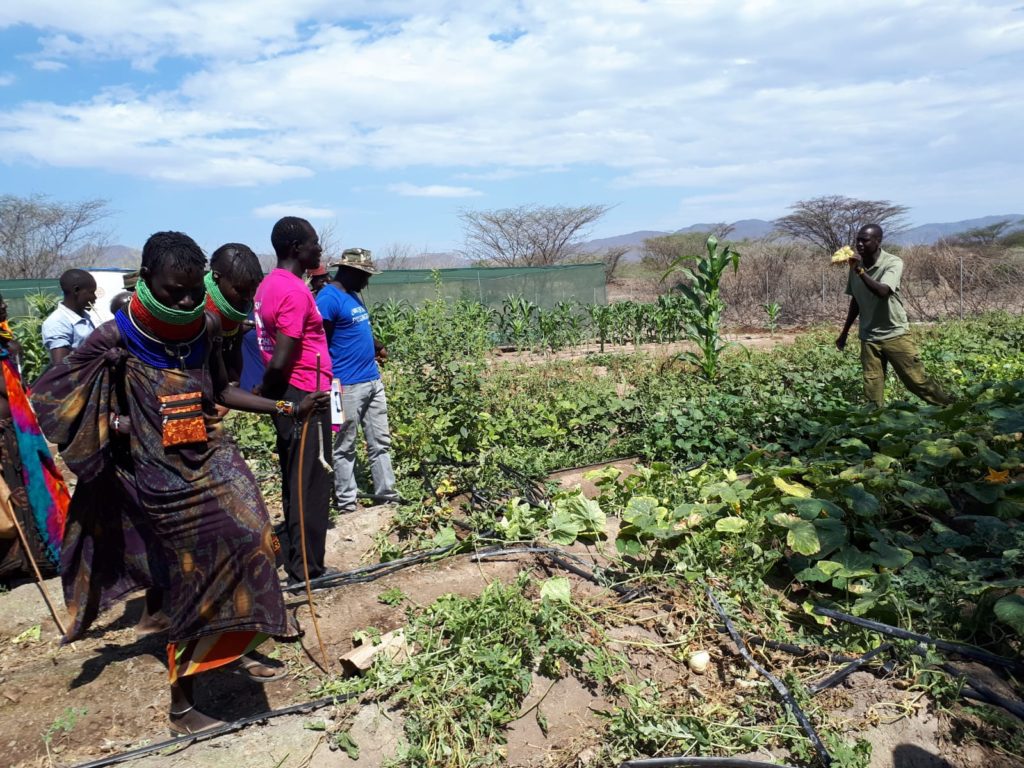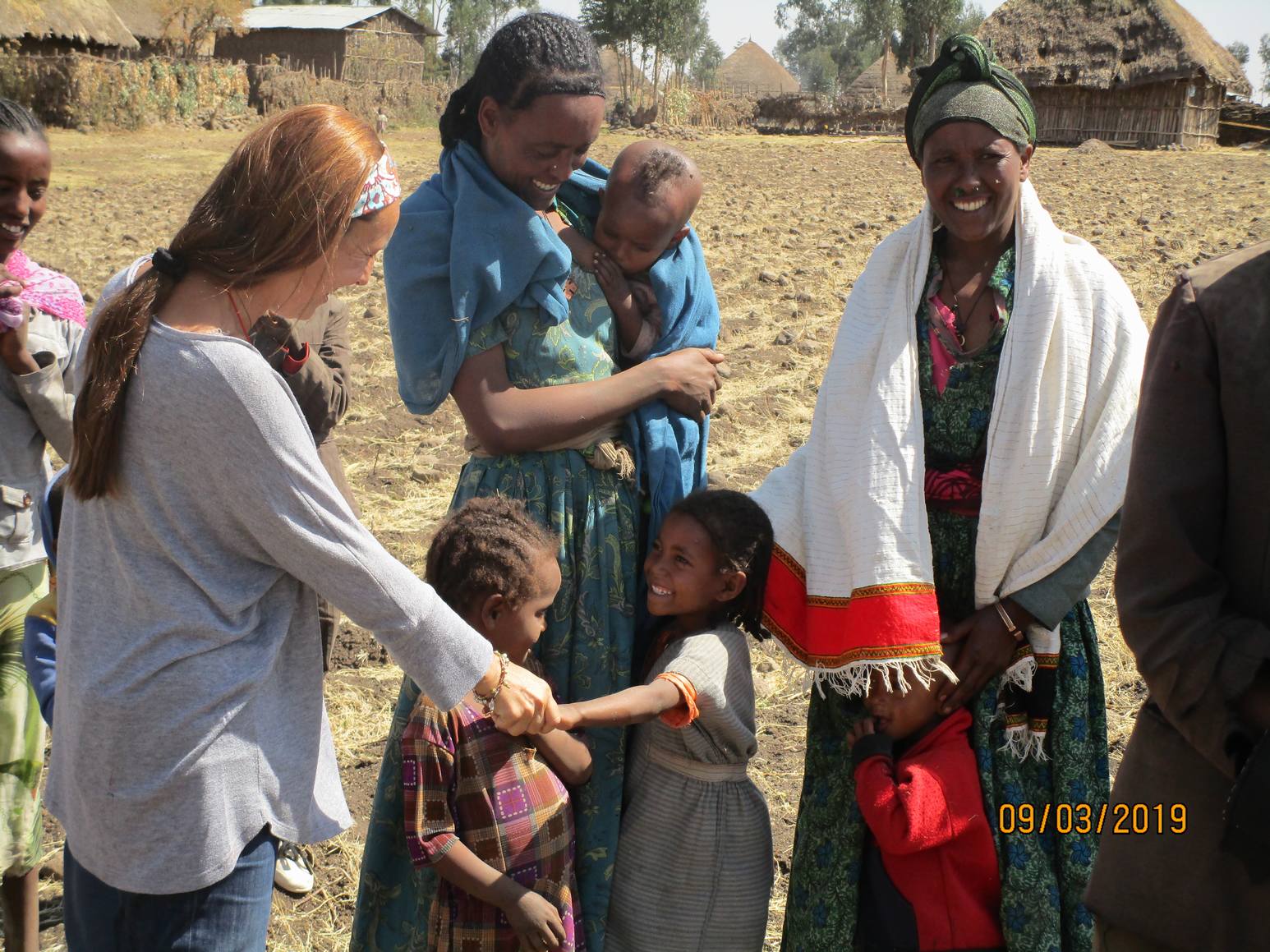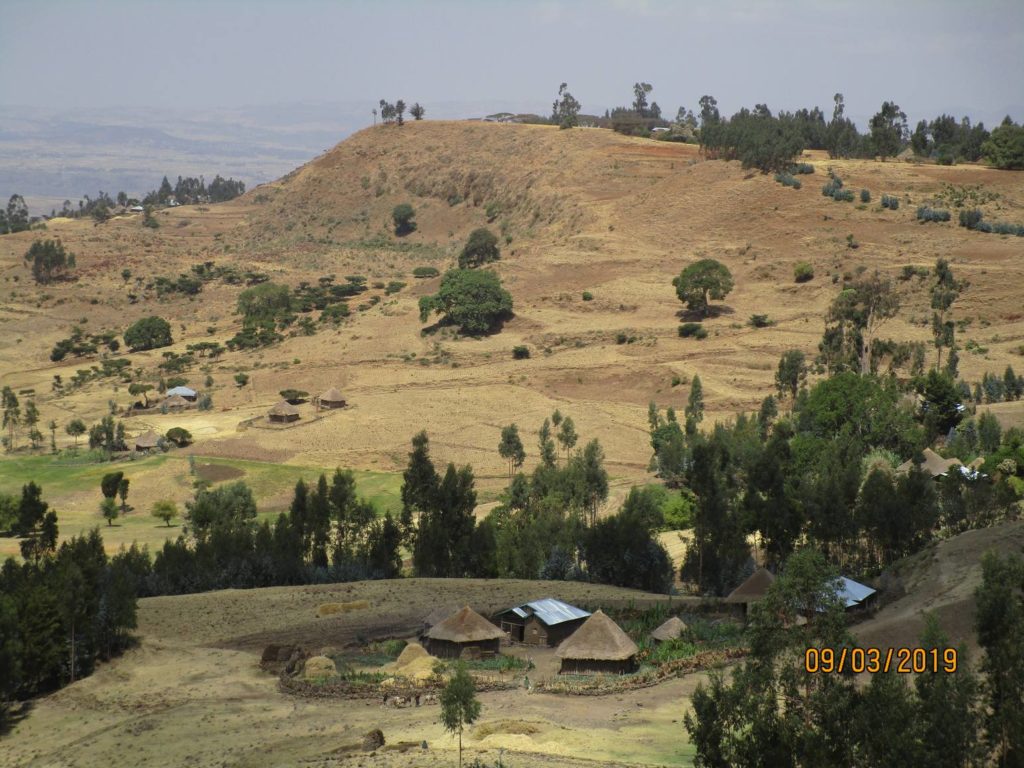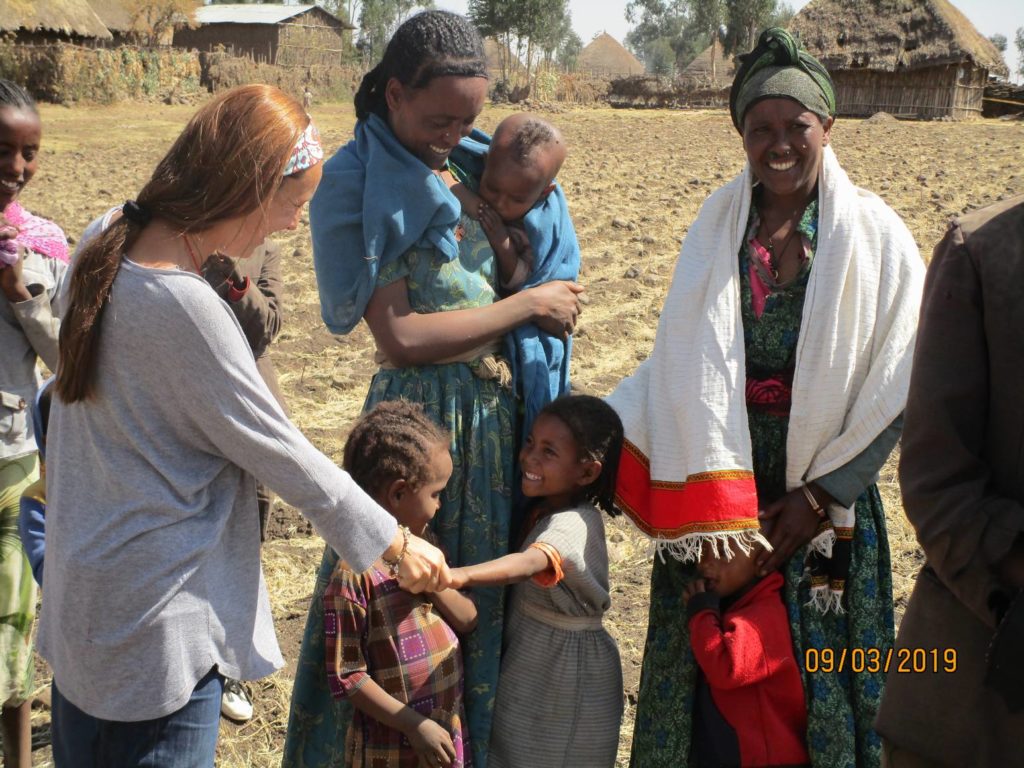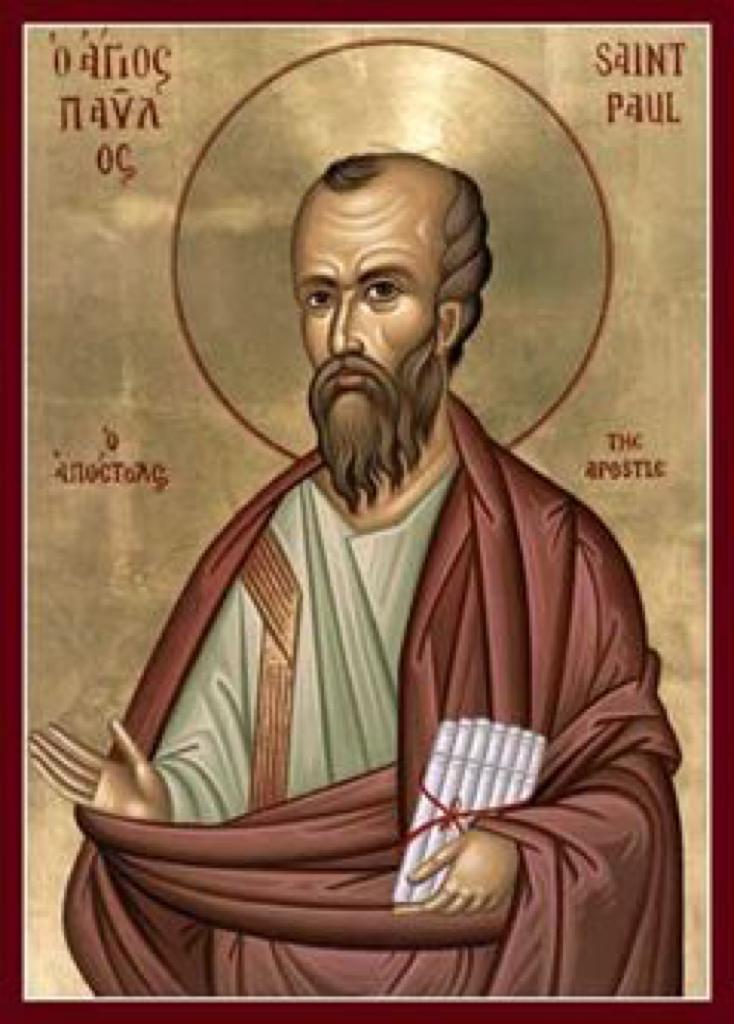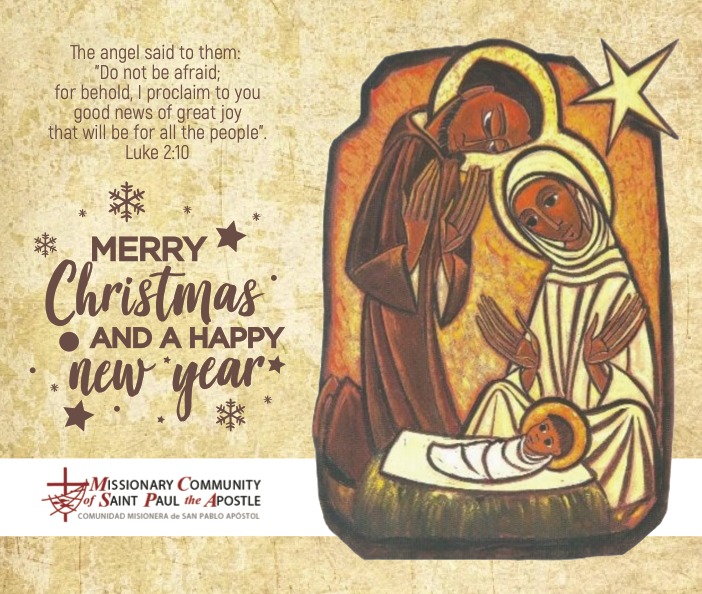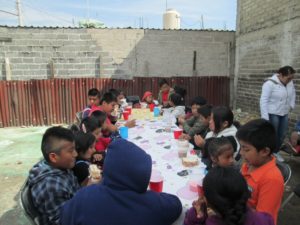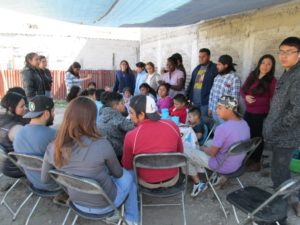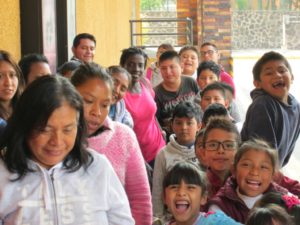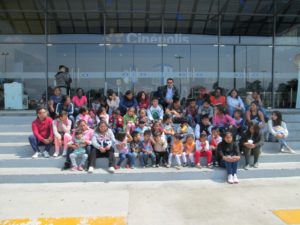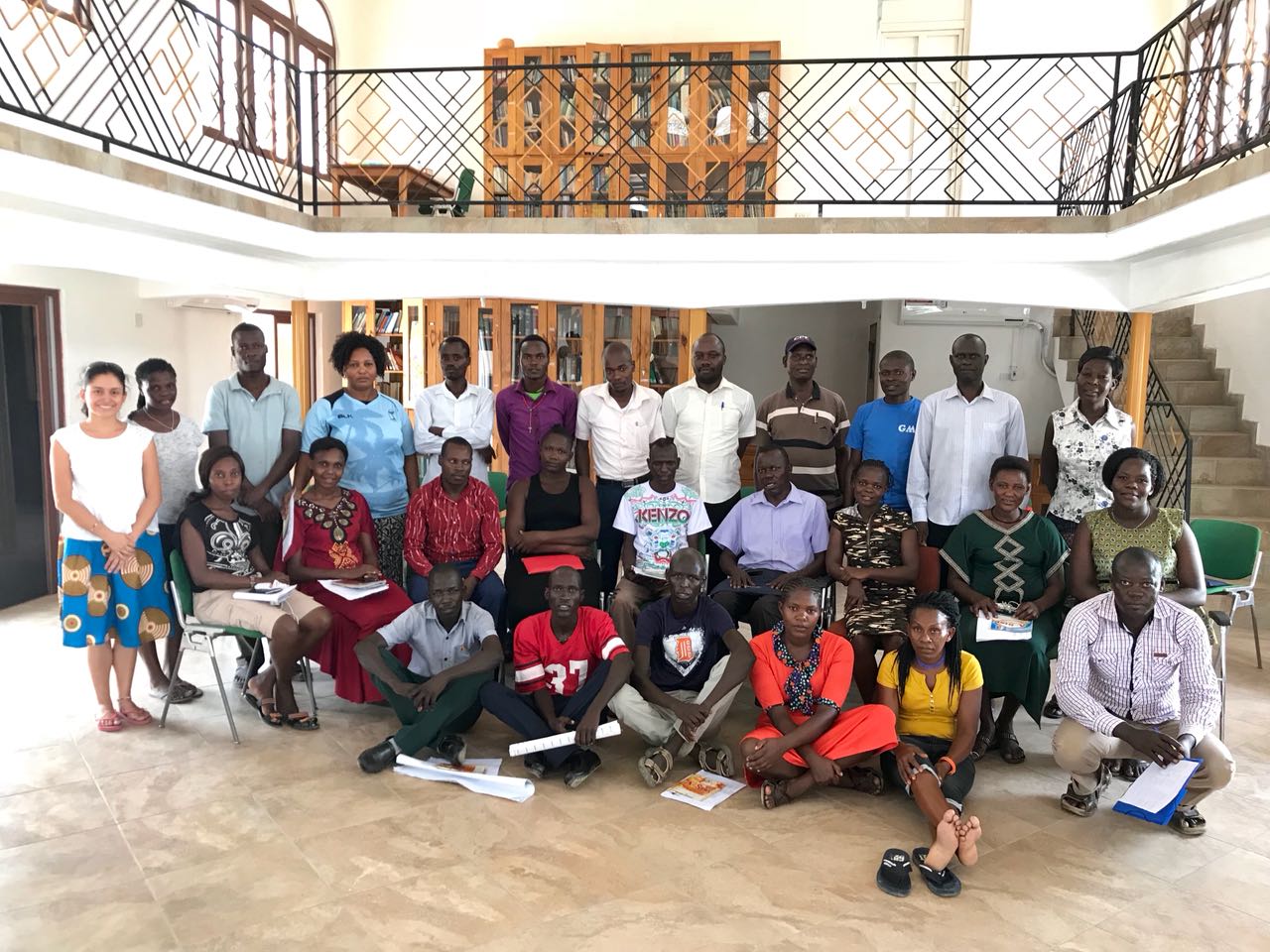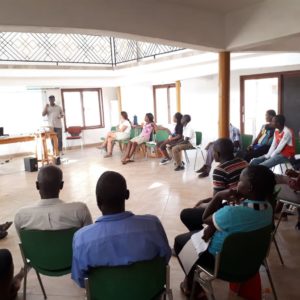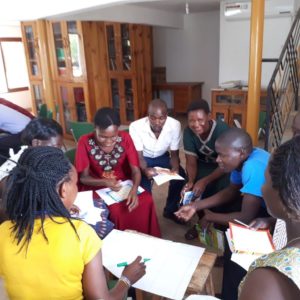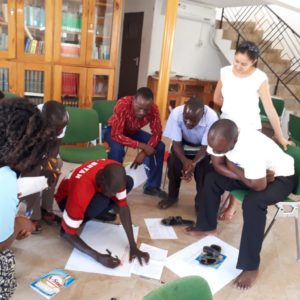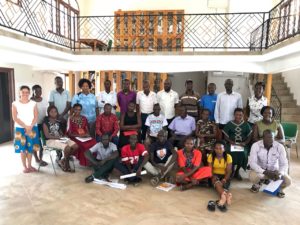
Self-isolation, a luxury many cannot afford…
3 April 2020 Posted by blanca News 0 thoughts on “Self-isolation, a luxury many cannot afford…”In Ethiopia, many millions of people eke out a living for the bare necessities of life. They do this by harvesting their fields, looking after their herds, selling their products, doing some work for which they are paid on a daily basis.
The possibility of staying at home and surviving on what one has in storage simply does not exist for most people. Firstly, it is because there is not much to store, and added to that are the tiny spaces that make up their homes, which are clearly unsuitable for storing anything. In addition, the requirement of confinement is a near impossibility because many homes comprise of just one room or, at most, two tiny spaces separated by a wall!
Yesterday, we went to the market at Muketuri, the village where we live in the Ethiopian Highlands. It is a traditional market where little grain, fruit and vegetables are sold and bought; there are also clothes, accessories, household items but not much else. Despite insistent calls from the government for social distancing, the market was very crowded with people buying and selling. Really, what other choice do they have?
If only those who live in the rural areas could have water and vegetable plots where they could grow their own vegetables instead of relying on the trucks that supply the area which sometimes do not arrive. Again, that is not the case either. In many villages, water is still a very scarce commodity or one that can only be obtained by walking long distances. Opening the tap at home and seeing this element coming out is literally a chimera for many people here.
The only thing we can do, therefore, is to continue digging wells and distributing seeds to farmers so that the harvest season is not restricted to just three months per year.
And, above all, we need to REFLECT… so that, when normalcy returns and the imminent danger is over, we can think together about how to avoid the situation where so many human beings lie at the brink between life and death in a permanent and normative way. Maybe we can make that day come so that, when faced with a threat such as the Covid-19, we may all be able to isolate ourselves for a while so as to amortise the damage, and come out, as they say, stronger and not more impoverished, vulnerable or helpless.
The strength and comfort of Faith will be important to continue working for a more equitable world.
Lourdes Larruy, MCSPA.
